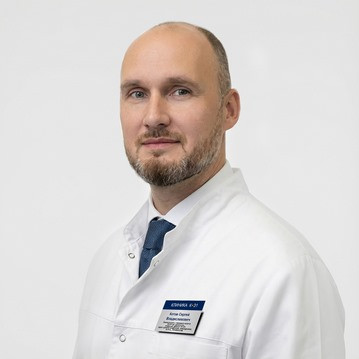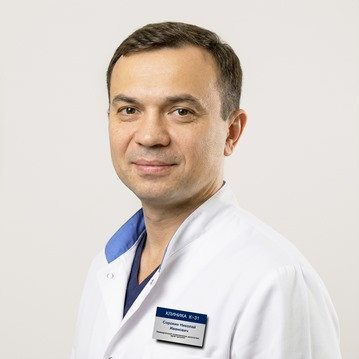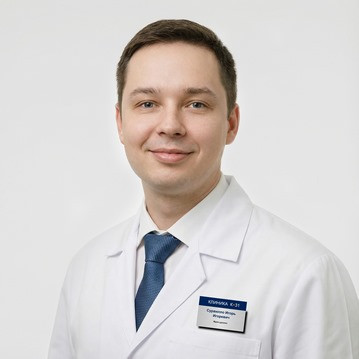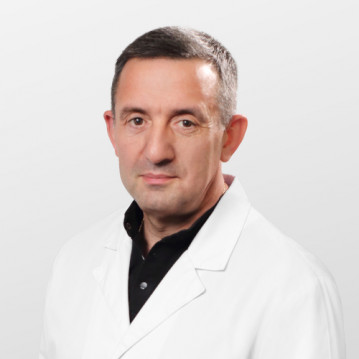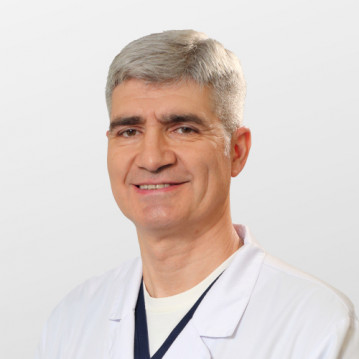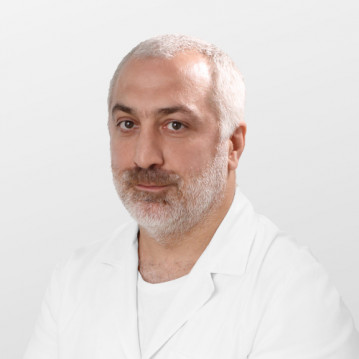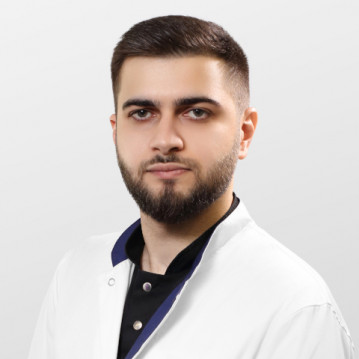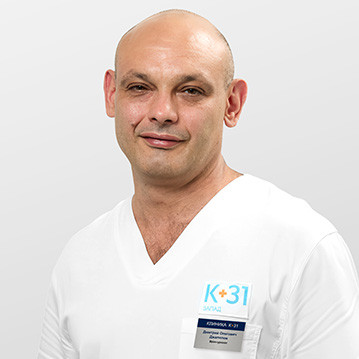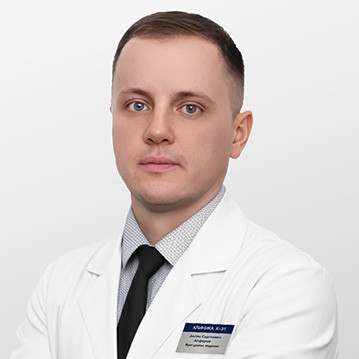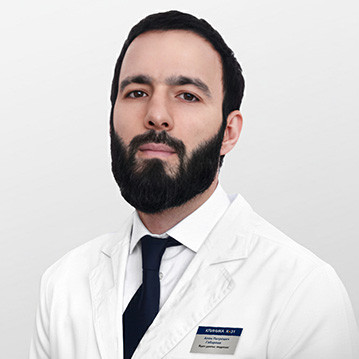Do you have to go to the toilet often or are you worried about leaking urine? Sign up for diagnosis urination in men and women. In Moscow, you can undergo a comprehensive examination in a multidisciplinary clinic "K + 31". Experienced urologists will identify the causes of problems and prescribe a comprehensive treatment.
General information
The normal bladder volume is 350-700 ml in men and 250-500 ml in women. It is filled in
for 2-5 hours or more, and emptying is required from 4 to 7 times a day. These are averages and may
vary depending on a number of endo- and exogenous factors.
Filling is due to pathological relaxation of the detrusor of the bladder and tension of the sphincters,
constituting a closing apparatus.
Important: The desire to visit the toilet normally appears with the accumulation of urine in a volume of 100-150 ml, and an irresistible necessity (imperative urge) indicates that the amount has exceeded 250 ml.
What are the violations and what causes them?
Missing disorders are caused by pathologies of the lower urinary tract, or disorders of the nervous regulation sphincters of the bladder and its walls. Frequent and (or) painful acts of urination are indicated by the general the term "dysuria".
The main types of disorders:
- Ishuria (delay).
- Stranguria (requires effort to empty).
- Pollakiuria (frequent urination, more than 7 times / day).
- Nycturia (frequent awakenings to empty the bladder).
- Incontinence
Ishuria is manifested by pathological urinary retention or the complete impossibility of its completion. acute form pathology is characterized by the inability to independently empty the bladder despite pronounced urges.
With a chronic delay, the process is possible, but far from being in full. In the later stages of development, overflow incontinence (urine spontaneously expires in a small amount).
Causes of ischuria:
- obstruction of fluid flow in the urethra or neck of the bladder;
- organic and functional neurogenic disorders;
- sclerotic or dystrophic diseases of the bladder.
A mechanical obstruction can occur with hyperplasia or a malignant tumor of the prostate, stricture (cicatricial narrowing) of the urinary canal, phimosis, urolithiasis, etc.
Organic disorders include the consequences of an acute violation of cerebral blood flow (stroke), inflammatory process, mechanical injuries. Functional disorders include shock, spinal anesthesia, hysteria, the action of pharmacological drugs (in particular, atropine) and alcohol intoxication.
Please note: In neurological diseases, detrusor activity may decrease significantly; as a consequence, the patient can only urinate by tensing the abdominal muscles.
With stranguria, it is difficult for the patient to start emptying the bladder. The process is delayed and may be accompanied by pain. sensations, and urine leaves literally drop by drop. Violation cause inflammation or tumors of the prostate, urolithiasis disease, narrowing of the urethra and bladder neck cancer.
With pollakiuria, the patient has to go to the bathroom up to 15 times a day and even more often. The violation is due increased urine production (polyuria); at the same time, daily diuresis significantly exceeds the reference values.
Note: Causes of frequent urination include drinking coffee, as this drink has pronounced diuretic properties. Any alcoholic drink is also a diuretic, so it is good with polyuria beer lovers are familiar.
Frequent urination is often caused by a disease of the urinary system, including cystitis, urolithiasis, tuberculosis, etc. In such cases, daily diuresis remains within the normal range, and with each attempt urinate a small amount of fluid.
Frequent urge to urinate in men at night (nocturia) appears with acute or chronic prostatitis and benign growth of the prostate. The patient wakes up 2-3 or more times a night; leaking urge not are accompanied.
Incontinence is false and urethral. Factors that cause false incontinence (leakage of urine outside the canal) can be trauma, fistulas, congenital anomalies in the development of the urethra or ureter.
Types of urethral (true) incontinence:
- transient;
- stress;
- overflow incontinence;
- mixed;
- urgent.
The transient type is due to exogenous causes and disappears without a trace in their absence. Such leakage may caused by alcohol intoxication and chronic constipation.
Stress leakage is manifested by coughing, laughing and other situations associated with an increase in intra-abdominal pressure. Pathology appears with excessive stretching of the walls of the bladder and hypoactivity of the detrusor. In men, it can be caused become insufficiency of the external urethral sphincter, due to damage to the circular muscle during removal prostate.
Full incontinence is usually caused by overstretching of the walls with a decrease in the ability of the muscle membrane to contraction (for example, in neuropathy). Mixed type of violation is a combination of urge incontinence with stressful.
False urge to urinate is one of the first signs of such a common pathology as cystitis. This the disease is more often diagnosed in women due to the anatomical features of their body, i.e. short and relatively wide urethra.
The patient often feels the need to visit the restroom, but the amount of fluid released is insignificant, and the process is accompanied by a burning sensation. The cause of the disorder can be any infectious diseases (trichomoniasis, gonorrhea, chlamydia, etc.).
The urgent type of disorder involves involuntary leakage against the background of an imperative urge. Its main reason is this is an overactive bladder (neurogenic or idiopathic).
The etiological factors include age-related changes and involuntary relaxation of the urethra. hyperactive syndrome bladder in men - a consequence of inflammatory diseases of the urinary system, prostatitis, adenoma or prostate cancer.
Incontinence at night occurs as a result of the fact that the urge is inadequately perceived by consciousness, and reflex bubble release is not inhibited. In young children, enuresis is a normal variant, but in older children it is violation indicates the presence of pathology.
